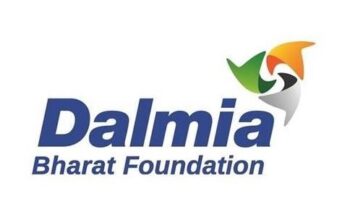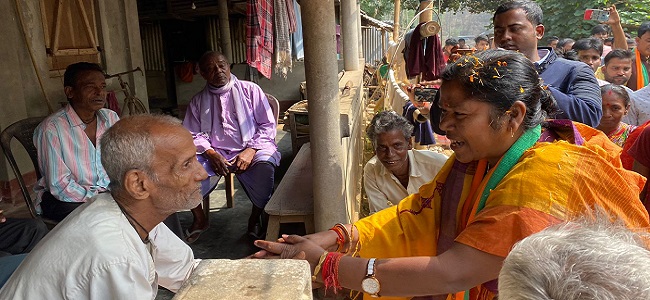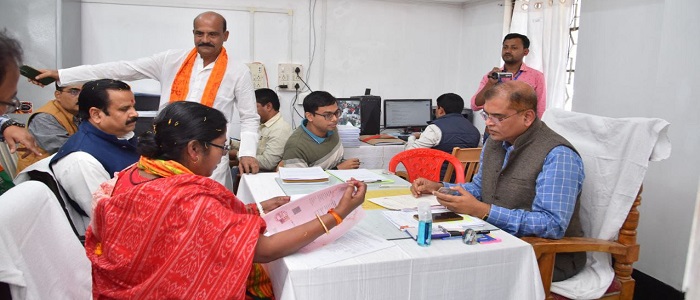Rashtrapati Bhavan to support Self-reliant India Movement through greater flow of resources towards Covid-19 relief measures
New Delhi: As a part of steps to make more resources available for Covid-19 relief measures, the President of India, Shri Ram Nath Kovind, after contributing one month’s salary to the PM-CARES Fund in March, has decided to forego 30 percent of his salary for a year.
The President has given instructions to the Rashtrapati Bhavan to set an example by economising the expenditure, making optimal usage of resources, and dovetailing the saved money to combat Covid-19 and mitigate the people’s economic plight. In the President’s estimation, this will be a small but significant contribution to realise the government’s vision of making India self-reliant (Atmanirbhar) and energise the nation to take up the challenge to fight the pandemic and continue our journey for development and prosperity simultaneously. The Rashtrapati Bhavan will undertake the following measures to reduce its expenditure:
1. No new capital works will be taken up in FY 2020-21. Only the ongoing works will be completed.
2. Repair and maintenance work will be minimised to only ensure proper upkeep of assets.
3. There will be substantial reduction in the use of office consumables. For instance, the Rashtrapati Bhavan will use e-technology to cut down the use of paper to avoid wastage and make the office eco-friendly. Efforts will be made to save energy and fuel by rationalising their usage.
4. The President has decided to defer purchase of the Presidential Limousine which was to be used for ceremonial occasions. The existing resources of the Rashtrapati Bhavan and the Government will be shared and used for such occasions.
5. The domestic tours and programmes will be substantially reduced in order to follow the social distancing restrictions and minimise the expenditure that such exercises entail. Instead, the President will largely rely on technology to reach out to people.
6. Consumption during ceremonial occasions such as At-Home ceremonies and state banquets will be minimised by taking measures like:
a. Keeping smaller guest lists to maintain social distance,
b. Lesser usage of flowers and other items for decoration on such occasions, and
c. Reducing the food menu to the extent possible.
It is estimated that these measures will save nearly 20 percent of the budget of the Rashtrapati Bhavan in the current financial year.
Meanwhile, it will be ensured that such austerity measures would have no adverse impact on support given to outsourced/contractual workers. Other activities taken up by the Rashtrapati Bhavan for the welfare of poor people will not be affected either.






